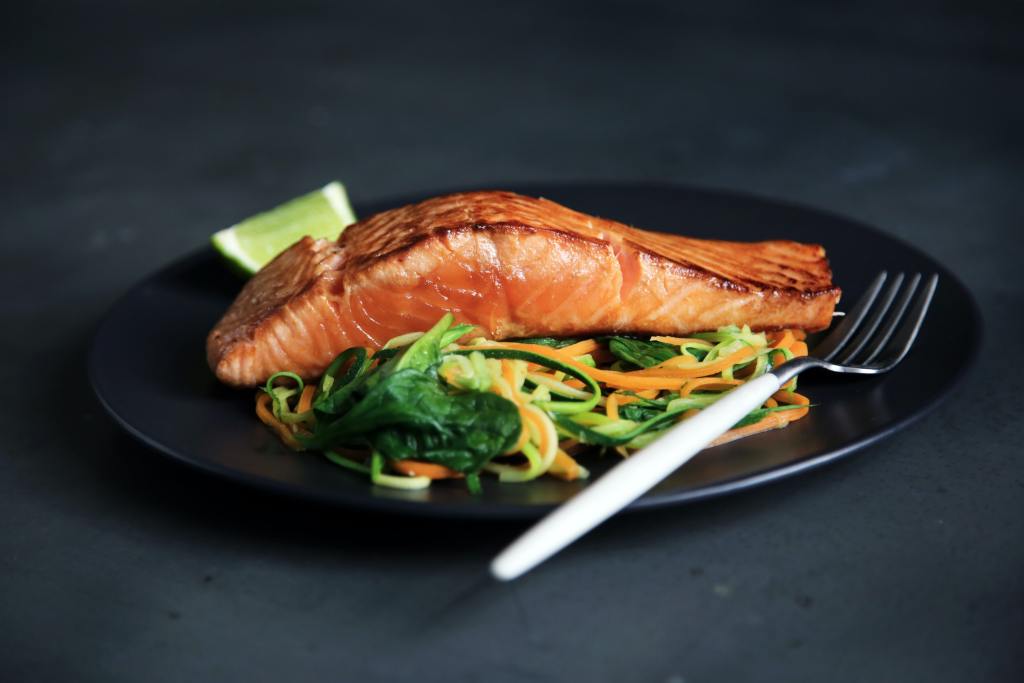
When was the last time you went grocery shopping? Prior to the pandemic, chances are good that you made a few trips per week to the store — a weekly haul plus a couple of trips for last-minute needs (milk!) and wants (wine!). When the pandemic hit trips to the store went down and online shopping went up.
Now, as vaccines roll out and we can see the light at the end of this very dark tunnel, there are questions one again around how we will go grocery shopping. Will the record-breaking grocery e-commerce converts continue to shop online? How many in-person trips to the store will people make each week?
At the same time, however, there is a new model of grocery shopping emerging. It’s almost like Grocery-as-a-Service, to borrow from the cloud computing world. There are a number of startups turning grocery shopping into more of a utility, promising to get you your food and other goods within fifteen minutes of your ordering them. And they are all raking in big funding amounts.
Since the start of this year, we’ve seen a steady stream of fundraises for startups in this space. Weezy, Jiffy and Fridge No More all raised sizeable rounds so far in 2021. But things kicked into high gear this week when GoPuff raised $1.5 billion and Berlin-based Gorillas raised $290 million. That is a lot of cheddar to get a wedge of cheddar delivered in 15 minutes.
The idea behind these startups is pretty straightforward. Create small, delivery-only (or “dark”) grocery stores and place them deep inside dense, residential neighborhoods. These stores carry a limited inventory that can be customized for the neighborhood they are in. Set up a small delivery radius and allow people to order food via an app. Orders are packed in minutes and because the delivery area is small, it can be done on bike or scooter, so no need to drive a car in traffic or find parking. In less time than it takes to watch an episode of Superstore, your grocery order arrives at your door.
Obviously, these type of speedy delivery marts can only work in tightly-packed, highly-populated areas, where you can make multiple deliveries per hour. But if they do catch on, will they change the way we shop for food?
Take Fridge No More, for example, which wears its ambitions on its apt company name. There is no minimum order with Fridge No More and no delivery fee. The company says they can make money because they don’t have to invest in a store that serves walk-in customers (e.g. no nice lighting or cashiers). If you live in their service area, you could make multiple orders throughout the day. Run out of milk? It arrives 15 minutes later. Want to bake cookies but don’t have chocolate chips? Order and wait a few minutes. Last-minute cocktail party? Get a couple bottles of booze and a bag of chips way before your guests arrive.
Getting groceries becomes like getting water to your home. Whenever you need it, you can just fire up the app and have them appear.
As with most tech innovation, there will be questions around equity as these types of services roll out. Will speedy on-demand grocery be available everywhere, or only to people who can afford it? Will suburban and rural areas be shut out because the economics don’t work? These are all really good questions and ones I hope are meaningfully addressed as these startups start spending their funding on expansion.
The more existential question from the rise of these startups is how they might impact our relationship with grocery shopping, assuming they can scale. Just as the pandemic pushed people into new habits, will always-on, cheap delivery change the way people shop for their groceries?

More Headlines
Cell-Cultured Fish Startup Bluu Biosciences Raises €7 million – The cultured protein fund-a-palooza continues!
7-Eleven Is Adding Drive-Thrus to Its Restaurant Business – Get a Slurpee without leaving the car.
Chipotle Invests in Self-Driving Delivery Vehicle Company Nuro – The use of autonomous vehicles actually makes a lot of sense of the digital-forward QSR.
Ex-WeWorkers Have Launched Santa, A Hybrid ‘Retail Experience’ Startup Focused on ‘Small US Cities’ – The digital/physical retail hybrid is currently hiring up.


Leave a Reply